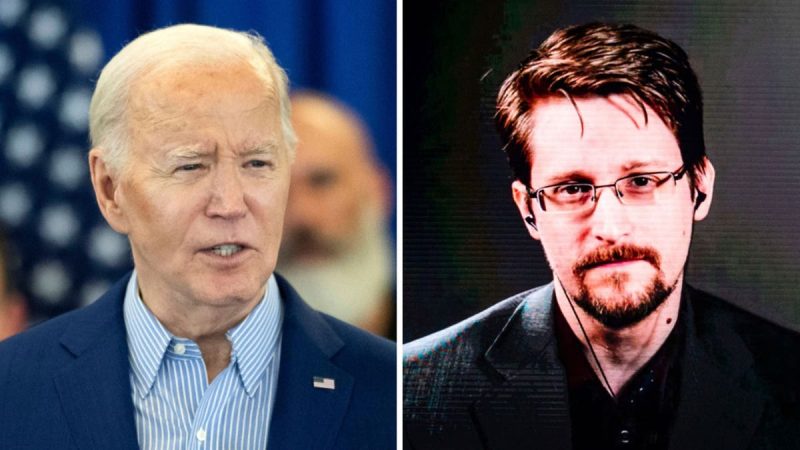Edward Snowden Calls on Biden to Veto FISA Renewal After Senate Vote
In recent news, former National Security Agency (NSA) contractor and whistleblower Edward Snowden has raised concerns over the renewal of the Foreign Intelligence Surveillance Act (FISA) after the Senate vote. Snowden, known for exposing mass surveillance programs conducted by the NSA, has called on President Joe Biden to veto the FISA renewal, citing potential threats to civil liberties and privacy rights.
One of the key issues highlighted by Snowden is the lack of meaningful reforms included in the FISA renewal. Despite previous revelations of widespread abuse and overreach in surveillance practices, the latest renewal does not address these concerns adequately. Snowden argues that without significant changes to safeguard individual rights and enhance transparency, the FISA renewal could further erode privacy protections.
The FISA renewal has been a subject of debate and controversy due to its implications for government surveillance activities. Critics argue that the act provides broad authority to intelligence agencies to conduct warrantless surveillance on both domestic and foreign targets, raising concerns about potential abuses of power and violations of constitutional rights. Snowden’s intervention adds another layer of scrutiny to the renewal process and underscores the need for stronger safeguards against unchecked government surveillance.
One of the major criticisms leveled against the FISA renewal is the lack of independent oversight and accountability mechanisms. Snowden emphasizes the importance of establishing robust checks and balances to prevent abuse and ensure accountability for surveillance practices. Without effective oversight, there is a risk that government agencies could exploit surveillance powers for questionable purposes, undermining the principles of democracy and individual freedoms.
Furthermore, Snowden warns of the potential implications of extending FISA’s surveillance provisions without adequate reforms. He cautions that unchecked surveillance powers could be weaponized against political dissidents, journalists, and other marginalized groups, stifling dissent and chilling free speech. By urging President Biden to veto the renewal, Snowden seeks to draw attention to the risks posed by an unchecked expansion of government surveillance capabilities.
In conclusion, Edward Snowden’s call for President Biden to veto the FISA renewal reflects broader concerns about the impact of surveillance practices on civil liberties and privacy rights. As debates over government surveillance continue, it is crucial to prioritize transparency, accountability, and respect for individual freedoms in shaping surveillance policies. Snowden’s advocacy serves as a reminder of the ongoing need to balance security imperatives with respect for fundamental rights in the digital age.




























